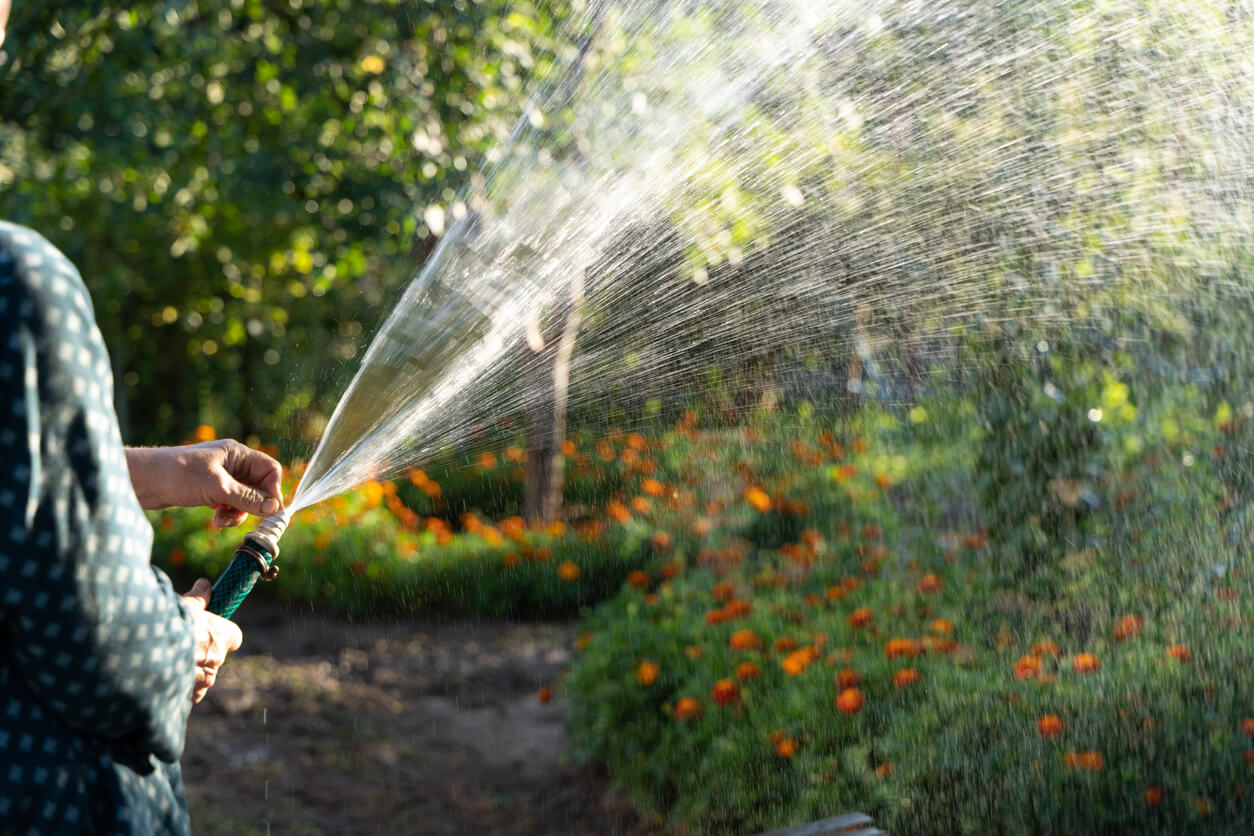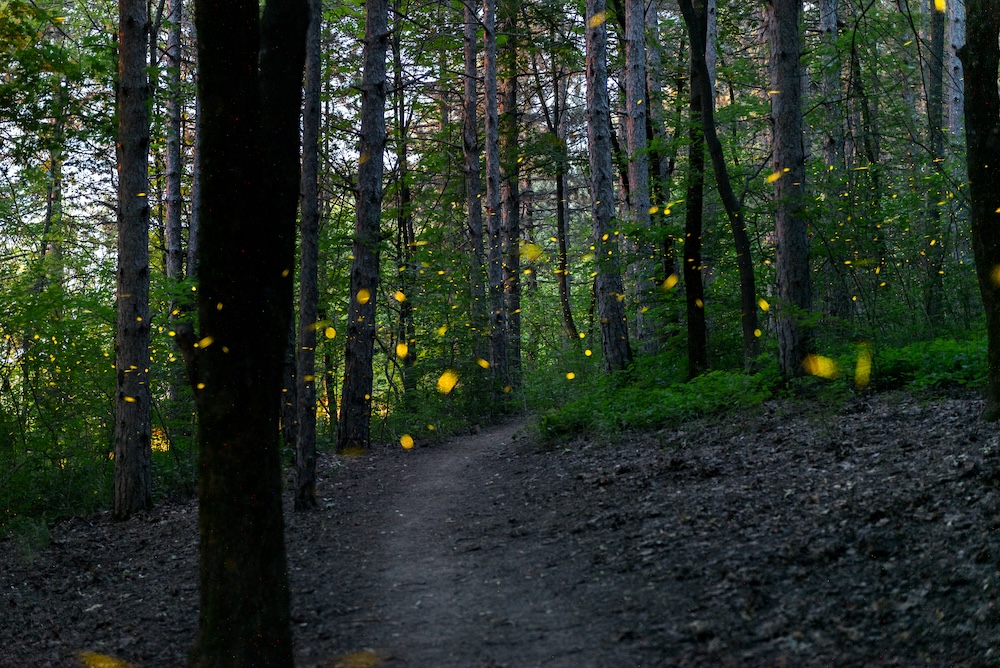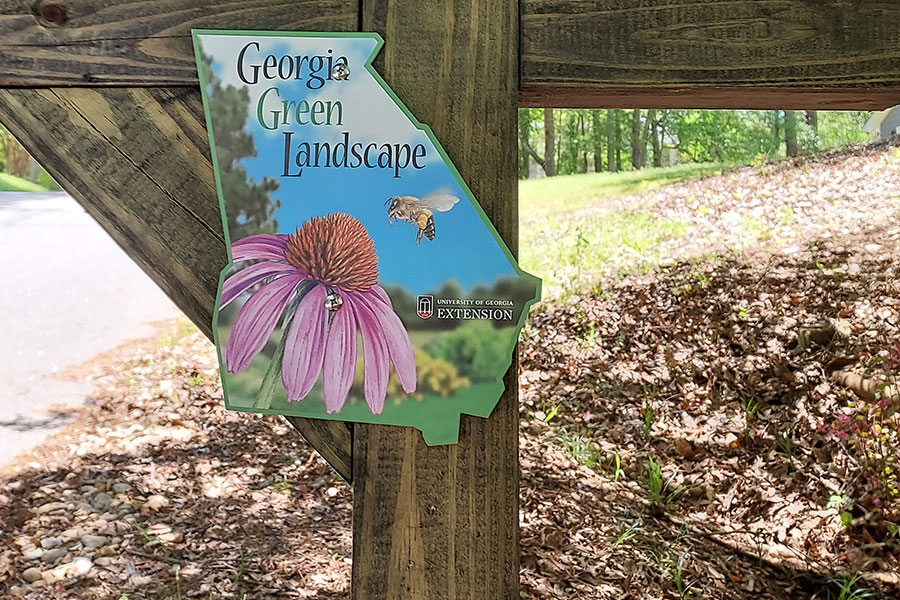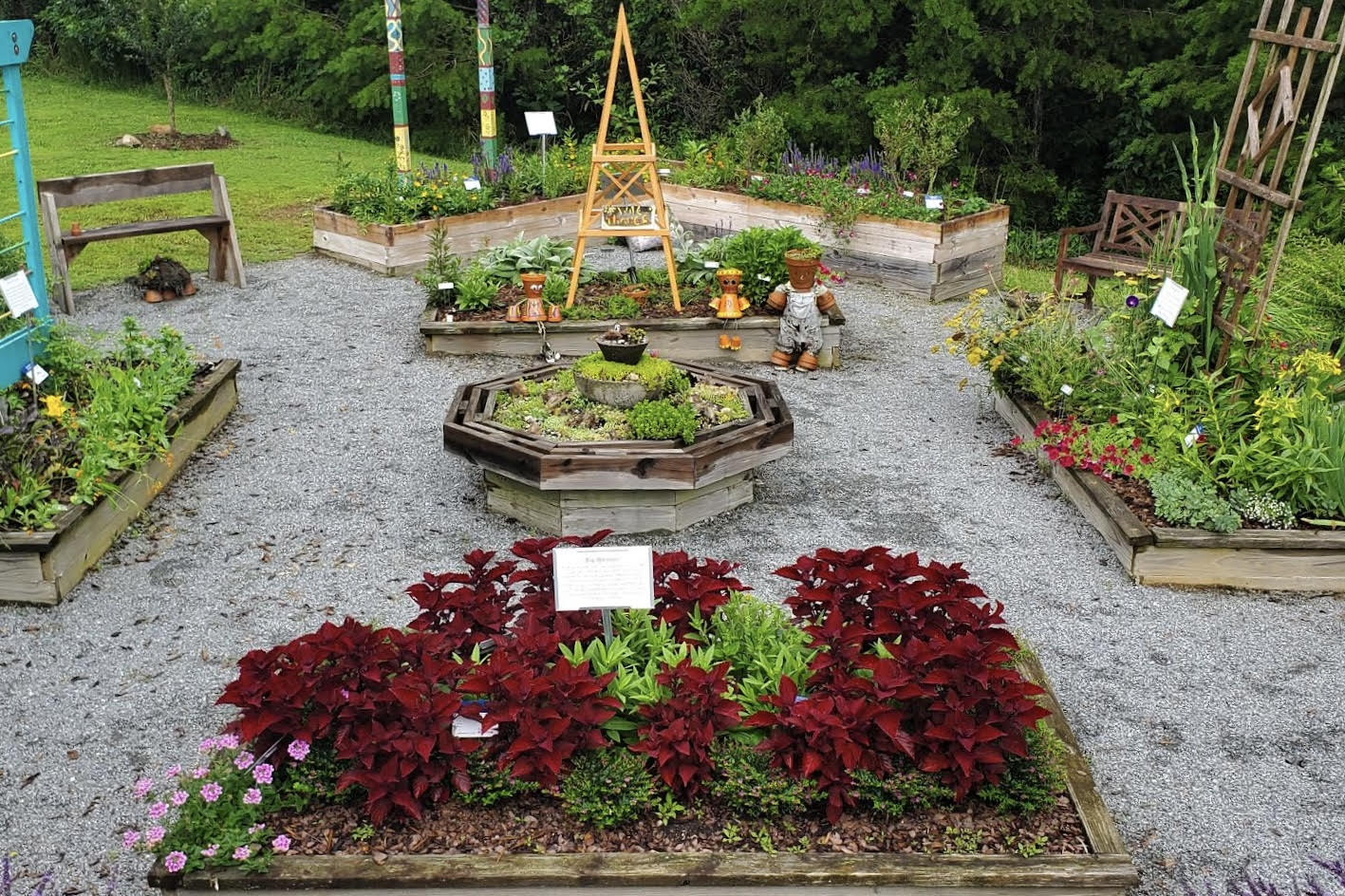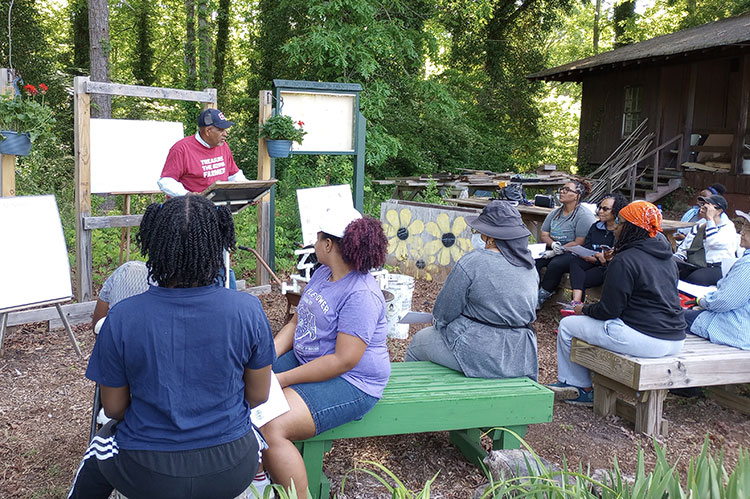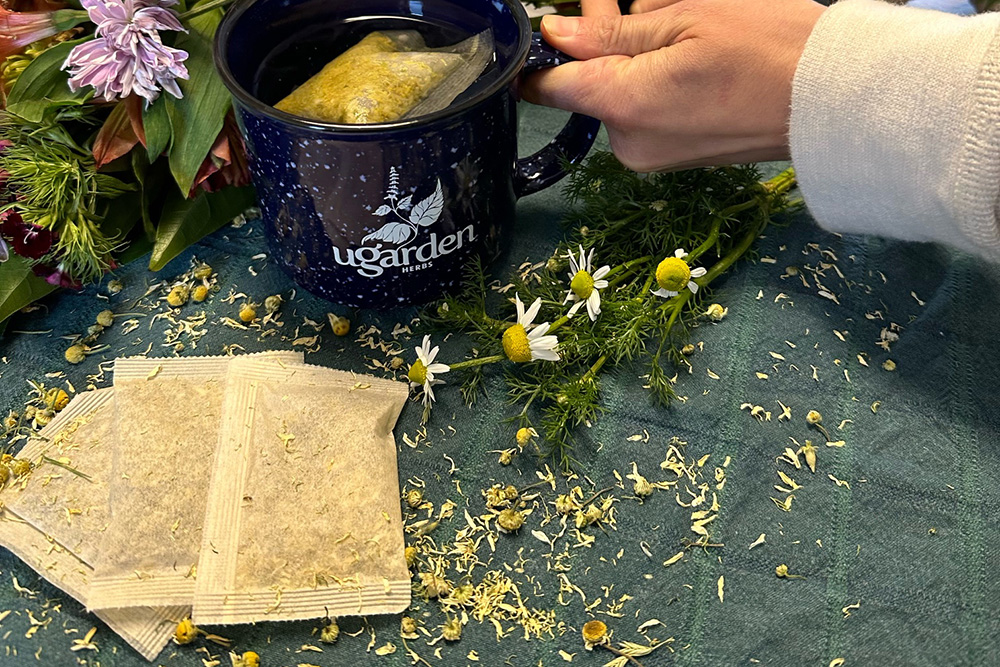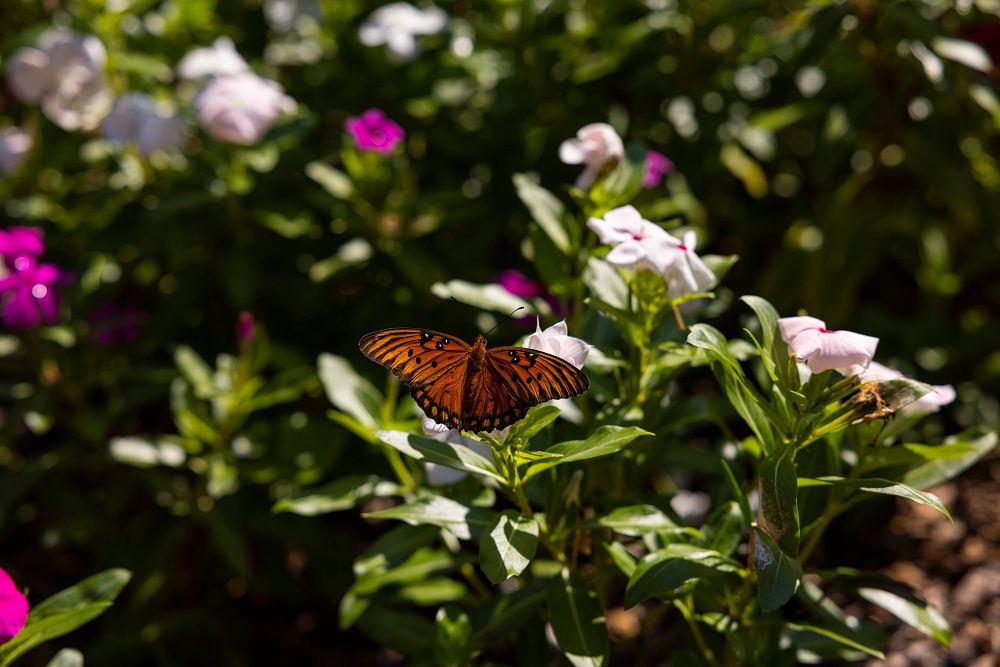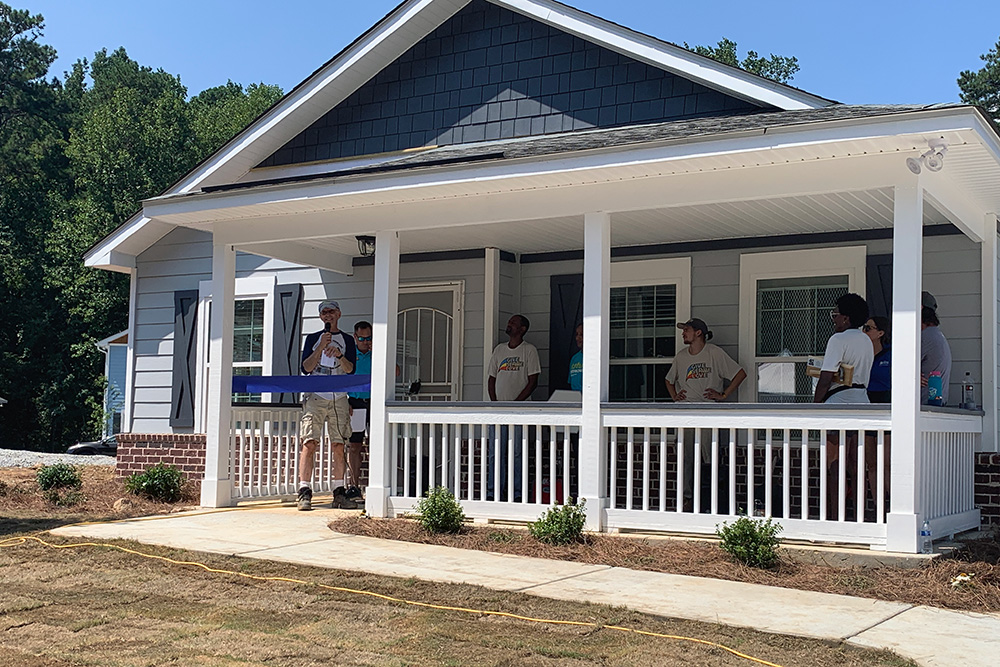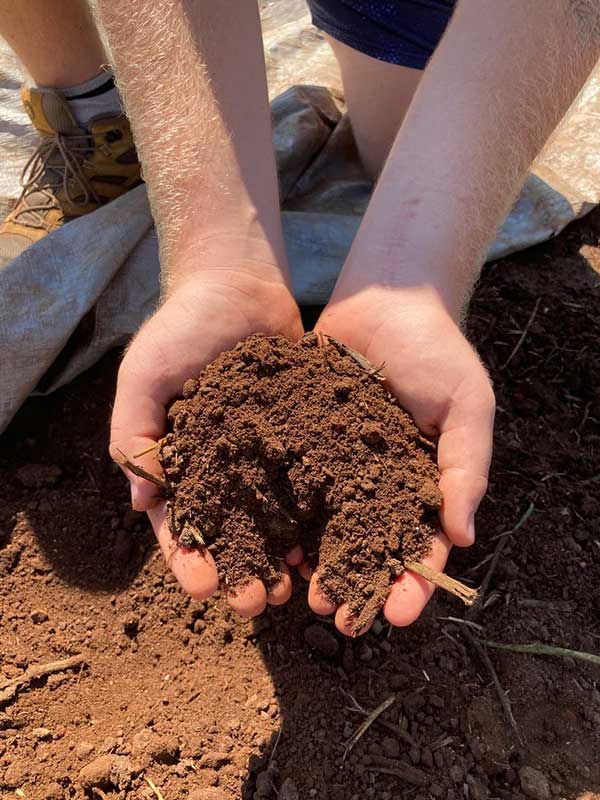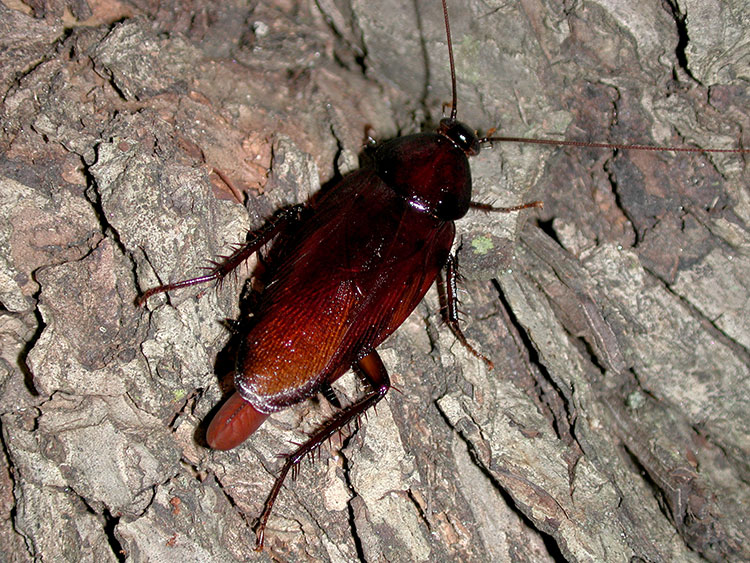 CAES News
CAES News
Roach or Palmetto Bug
It’s summertime, and there are a few things residents of the Deep South can count on this time of year — heat, humidity and insects. Fireflies and cicadas are popular topics these days, but of all the creeping, crawling, buzzing creatures that bug us, one is met with near-universal revulsion — the cockroach. Whether you’re new to the South or a lifelong resident, you’ve likely run into one of the several species of cockroaches that are common in the region.

